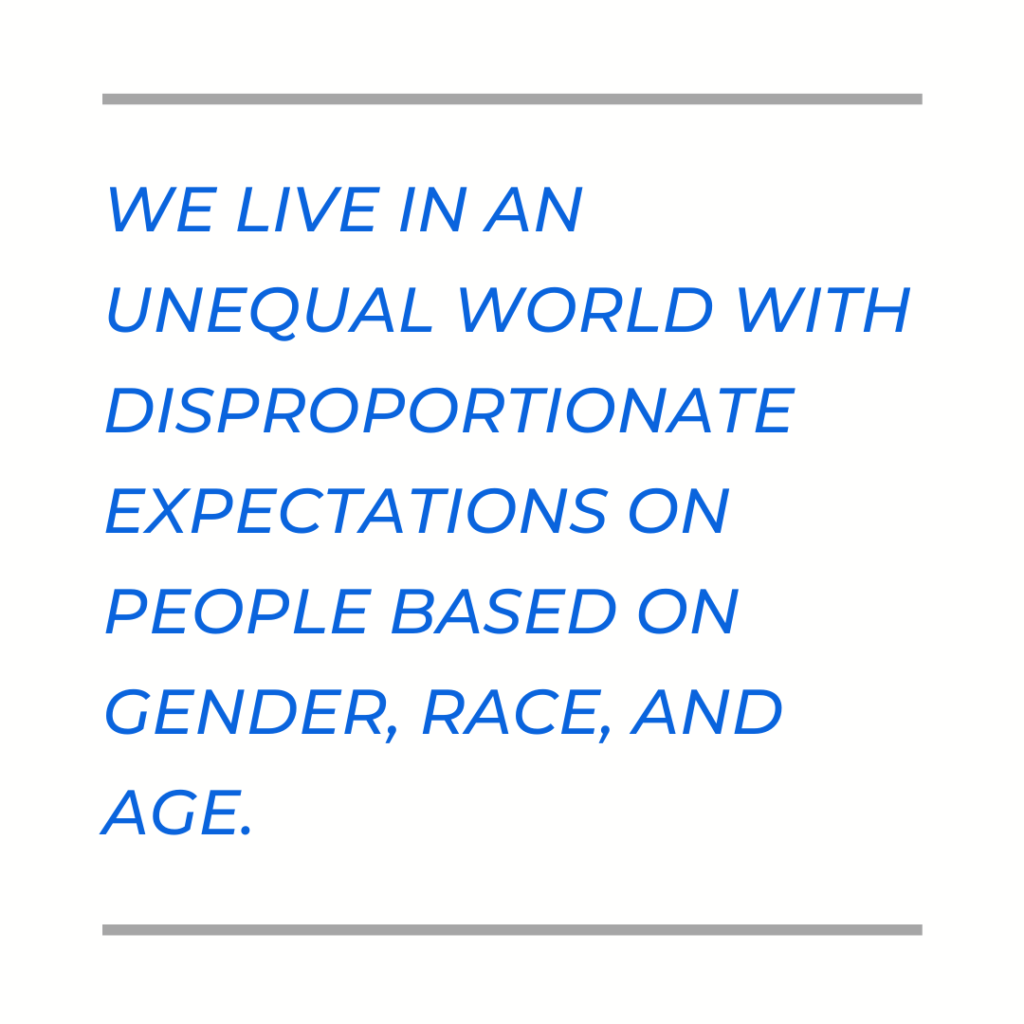Linda Chong
Copy Editor
“Generation Z has progressed so much within the past few years; we’re so open-minded and accepting, loving all body types and exposing all socially constructed traditions! All the evil forces that work to body shame will be snuffed out, and we’ll all be equally loved as long as you keep circulating positive messages on social media!”
Yeah, absolutely not.
People may claim that we’ve stopped scrutinizing women’s bodies and there will always be encouragement to accept your curves or non-curves — but that’s a big fat lie.
Teens and tweens are turning to social media platforms like TikTok and Instagram in order to connect and to grow networks, yet they find themselves unconsciously being encouraged to change their bodies. We’ve all seen it: an hourglass figure appears on the screen, claiming that her secret to perfect abs and a tiny waist is to drink green smoothies with apple cider vinegar followed by 15 crunches a day.
Public celebrities swear by their makeup brands and the magic within that will plump your lips and lift your face. As a result, we see women commenting that they’ve discarded the chips they were eating, and falling under the social pressure to whether we should be participating in this “self-betterment.”
Compared to the past few decades, some might say we have progressed. Our generations have moved past bullying high school girls or discriminating against job applicants based on appearance, right? We don’t condone drinks or pills that promise to burn fat and we certainly do not pressure girls into being thin, right? Who has even heard of a new extreme diet in this era? Those days are over!

Ironically, 20 million women have eating disorders out of the 30 million confirmed cases in America. 10 percent to 20 percent of women develop an eating disorder when entering college compared to the four to 10 percent affected men, and the usual suspects of this mental illness are between the ages of 18 to 21 years old. Teens and young women are being influenced to change their appearances, and the numbers are still high after all these years. Don’t get me wrong, I’m not saying men aren’t affected either — but the numbers are quite one-sided.
Although there’s much to say about the socially constructed burden to look thin, I must give credit to where it’s due. Many Gen Z folks have figured it out; we live in an unequal world with disproportionate expectations on people based on gender, race, and age.
They know that society has been injecting us with daily doses of Julia Roberts and Disney princesses, and there’s now a community that exposes the underlying hierarchy of body types. Women are posting more about the act of loving one’s body before expecting love back, or eating what you want without feeling guilty.
Stretch marks and cellulite are being honored, and any hint of negative energy is quickly dissolved by comments of body image activists. There’s a strong force of women supporting other women in our misunderstanding of bodies, and it’s important to realize that no one thought there was something wrong with them until patriarchal society deemed what was the ideal body shape.
In conclusion, yes, we are subject to this pressure and it’s honestly unavoidable. Social media will not ban girls from posting their smoothie bowls or new yoga mats. There will always be people with more socially “ideal” figures, and people who absorb this and want to change. But realizing your individual characteristics and quirks — and accepting them? Only a boss bitch can do that.











